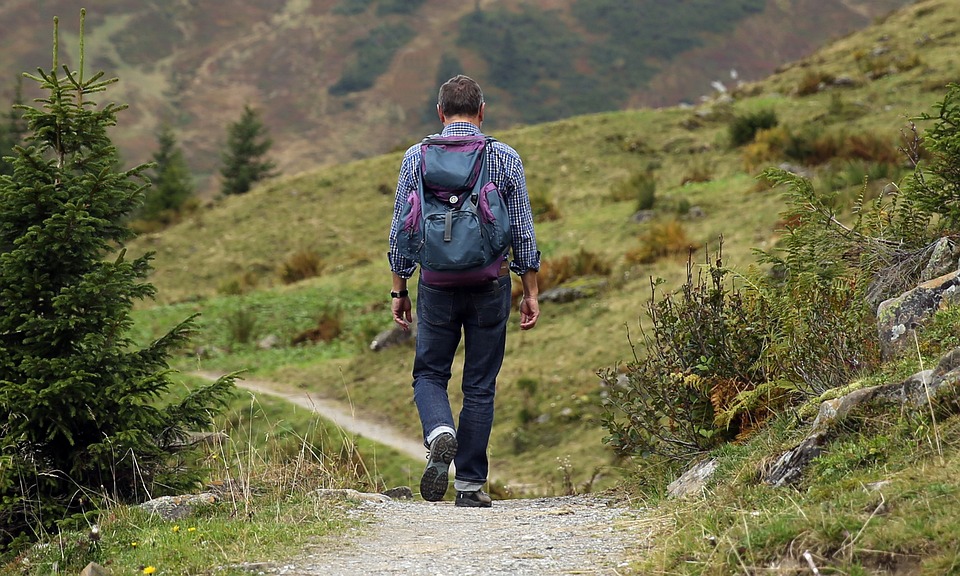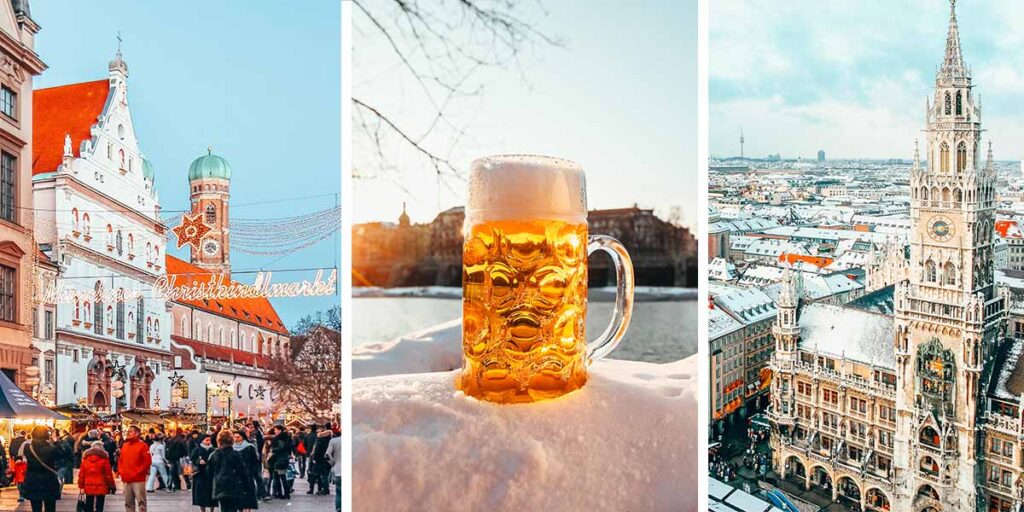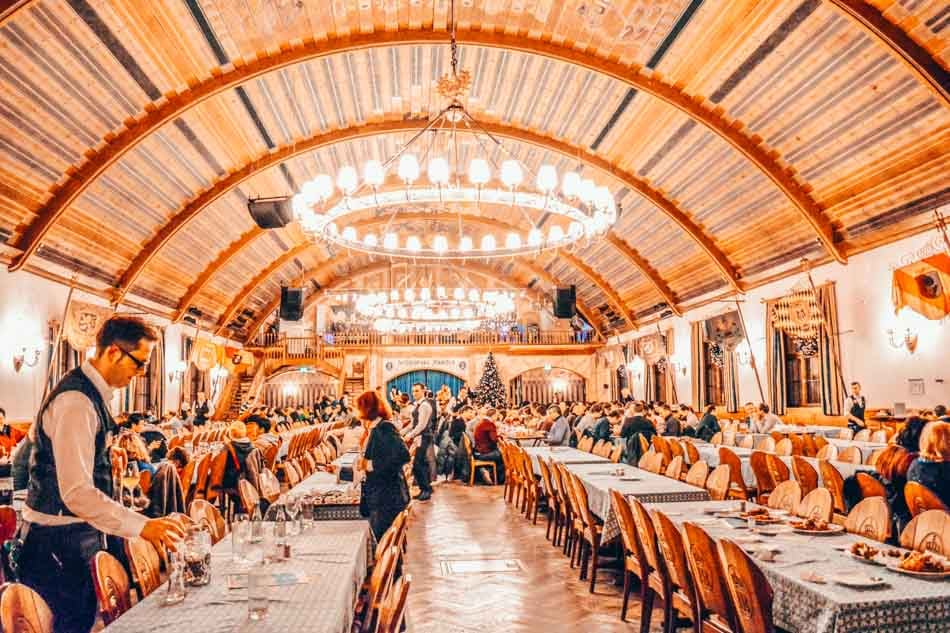Eco-Friendly Travel Tips: How to Minimize Your Environmental Impact While Exploring the World
Eco-Friendly Travel Tips: How to Minimize Your Environmental Impact While Exploring the World
Traveling is an amazing way to explore new places, experience different cultures, and create lasting memories. However, the impact of travel on the environment can be significant. From carbon emissions to waste generation, the way we travel can have a negative effect on the planet. Luckily, there are many ways to minimize your environmental impact while exploring the world. Here are some eco-friendly travel tips to help you travel sustainably:
1. Choose sustainable accommodations: When planning your trip, look for eco-friendly accommodations that prioritize sustainability. This could mean staying in a certified green hotel, a guesthouse that uses renewable energy, or an eco-resort that has implemented conservation and waste reduction measures. By choosing accommodations that are committed to environmental responsibility, you can support businesses that are making a positive impact on the planet.
2. Pack light: Every pound of weight on a plane contributes to fuel consumption and carbon emissions. By packing light and only bringing the essentials, you can reduce the environmental impact of your flight. Consider leaving non-essential items at home and opt for multi-purpose clothing and accessories to minimize your luggage weight.
3. Use public transportation: Instead of renting a car or taking taxis, use public transportation to get around. Whether it’s buses, trains, or bicycles, opting for public transportation can significantly reduce your carbon footprint while traveling. It’s also a great way to immerse yourself in the local culture and experience the destination from a different perspective.
4. Minimize plastic waste: Plastic pollution is a major environmental issue, especially in many popular travel destinations. To minimize your plastic waste while traveling, bring a reusable water bottle, utensils, and shopping bags. Avoid single-use plastic items, such as straws and plastic bags, and choose sustainable alternatives whenever possible.
5. Support local vendors and businesses: When you travel, support local vendors and businesses that prioritize sustainability and environmental responsibility. Choose restaurants that serve locally sourced, organic food, and shop at local markets to support the local economy and reduce your carbon footprint.
6. Conserve energy and water: Be mindful of your energy and water consumption while traveling. Turn off lights, air conditioning, and heating when not in use, and take shorter showers to conserve water. These small actions can add up to significant energy and water savings over the course of your trip.
7. Offset your carbon footprint: Consider offsetting the carbon emissions from your flights by investing in carbon offset projects. Many organizations offer carbon offset programs that fund renewable energy, reforestation, and other projects that help reduce greenhouse gas emissions.
By implementing these eco-friendly travel tips, you can minimize your environmental impact while exploring the world. Traveling sustainably not only benefits the planet but also enhances your travel experience by allowing you to connect with the local community and natural environment in a more meaningful way. With conscious choices and responsible travel practices, we can all contribute to a more sustainable and healthier planet for future generations to enjoy.



















